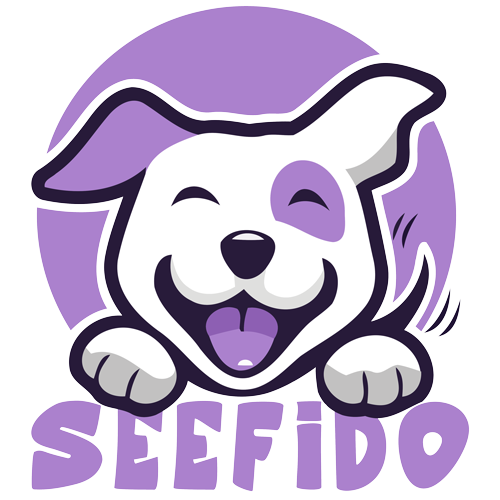news
Dog Protein and Fat in Diet
The protein is the main element of a healthy dog, representing an approximate 18% of its weight. The protein is not an inert substance since it is part of the organism. The protein creates each individual organ such as the muscle, skin, liver, blood and others. It is essential the presence of the protein in a dog’s life since its organs are continually renovated. Young animals required of protein to help them in their development. The real necessities of protein in a dog, varies depending on their size, age and stage of reproduction. Dogs need about 15% of mixed protein, if is a dry substance and about 20% suggested to balance stress and other factors in the dog’s life. On the other hand, puppies and reproductive dogs need more protein than what they get in their food. Exercise and work does not increase the protein necessities only the energy (calories) in which they are contributed by fats and carbohydrates.
Fat in Diet
Fat is important in the dogs diet since it has several functions but only one is fundamental. The corporal fat is an accumulated energy that it is part of a cellular structure and a means of transportation. The only indispensable function of the fat is a source of fatty acids, sometimes called “polyunsaturated.” You may find these substances in the majority of the fats and oils, being mainly in some vegetable oils. The precise quantity is very small- an approximate 1% of the diet – although without that the dogs hair will be rough and the skin will crack. The diets that contain a 10% of total fat normally come from mixed sources that contain enough fatty acids.

